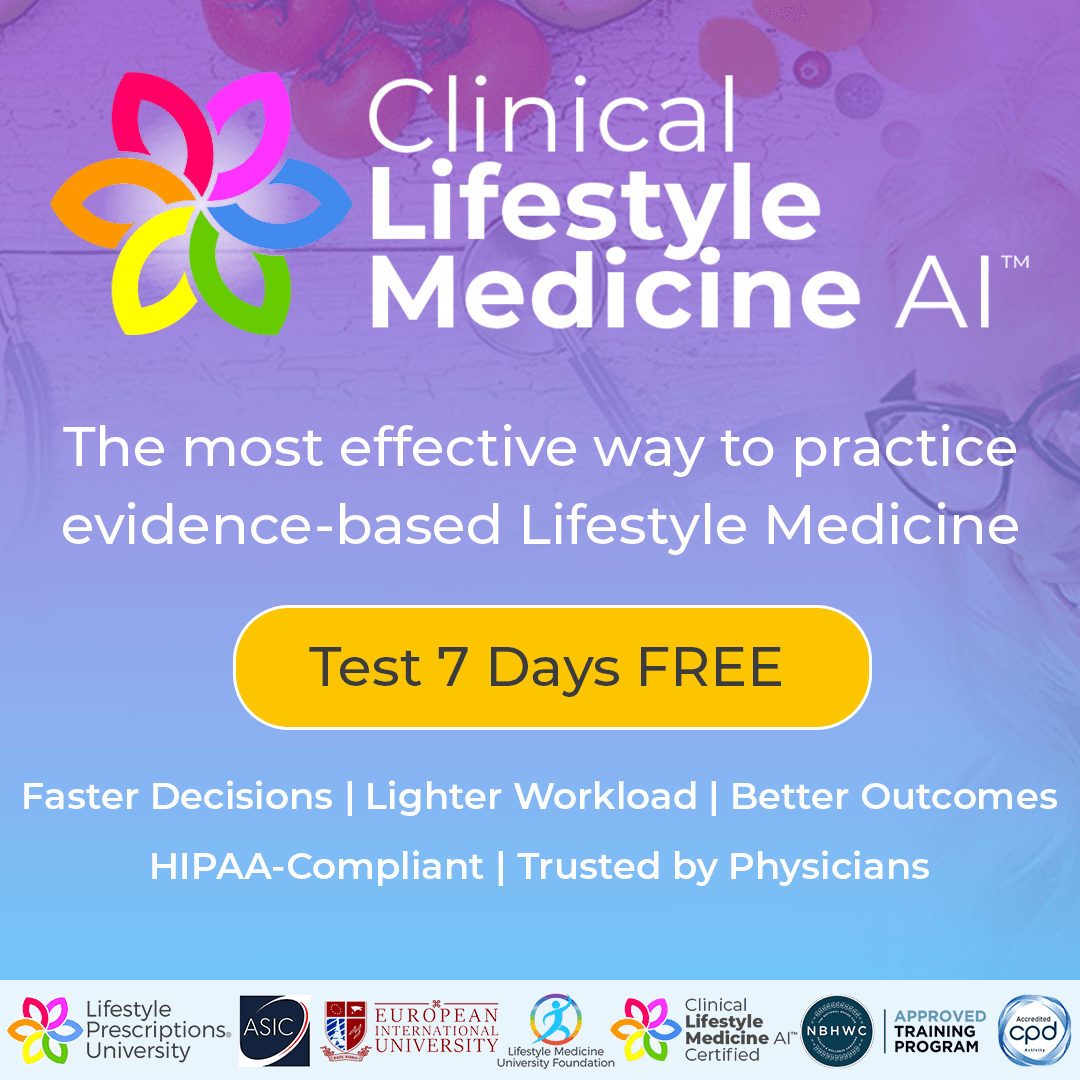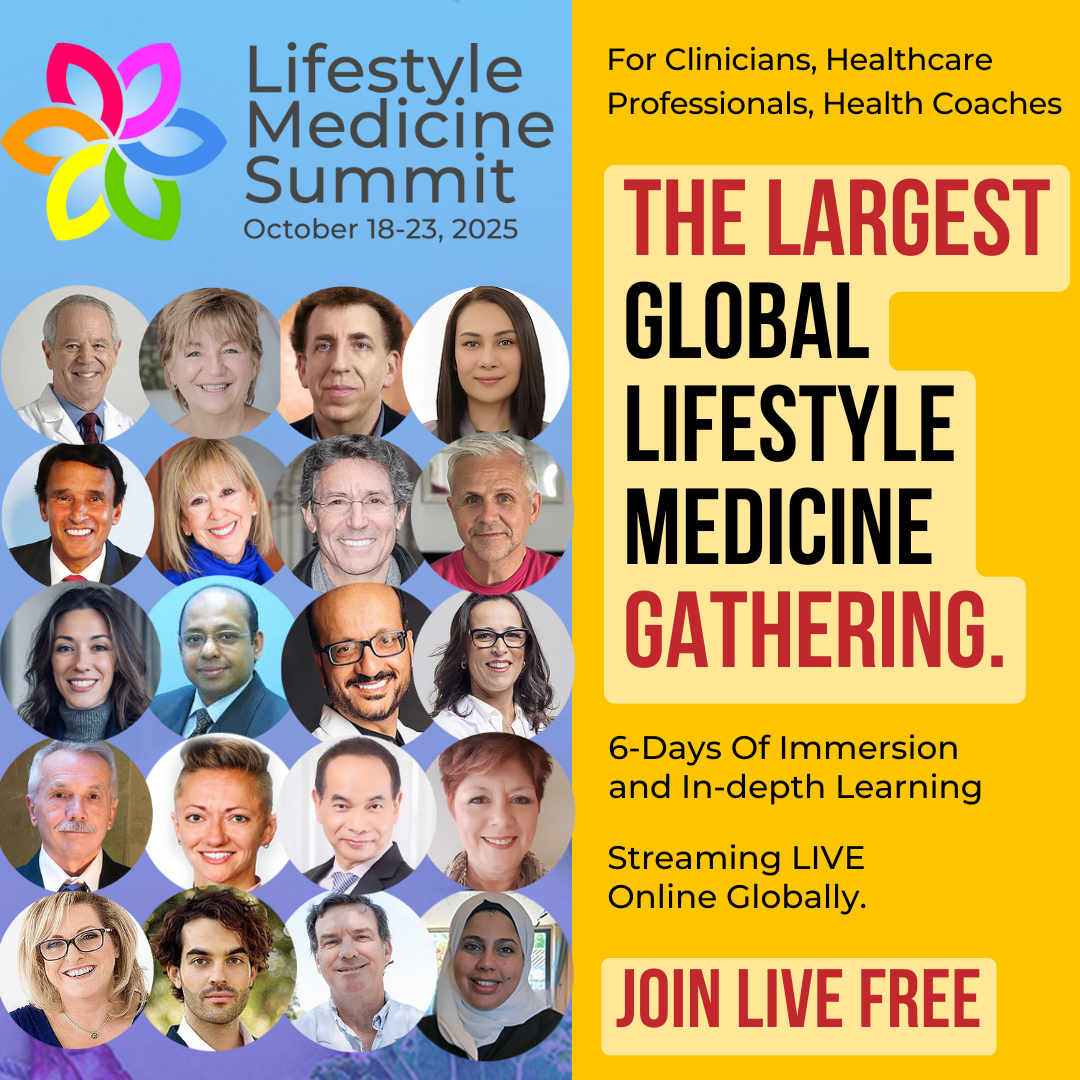How to Exercise for Longevity: The Lifestyle Medicine Approach
Living a long and healthy life is a goal for many, and one of the most effective ways to achieve this is through regular exercise. Physical activity plays a crucial role in maintaining overall well-being and preventing chronic diseases. This blog explores how exercise supports longevity and how lifestyle medicine principles can enhance your fitness journey.

The Role of Exercise in Longevity
Engaging in consistent exercise has been shown to extend lifespan and improve quality of life. Regular physical activity helps maintain cardiovascular health, supports mental well-being, and reduces the risk of age-related diseases such as osteoporosis and cognitive decline. Studies indicate that individuals who incorporate exercise into their daily routine experience greater physical resilience and improved energy levels as they age.

Key Exercise Strategies for Longevity
To maximize the benefits of exercise, consider the following strategies rooted in lifestyle medicine:
1. Prioritize Aerobic Activity
Engage in at least 150 minutes of moderate-intensity or 75 minutes of high-intensity exercise per week.
Activities such as brisk walking, jogging, swimming, and cycling improve cardiovascular health.
Regular aerobic exercise enhances oxygen flow, supporting brain and heart function.
2. Strength Training for Muscle Health
Include strength training exercises at least twice a week.
Focus on bodyweight exercises, resistance bands, or weightlifting to maintain muscle mass and bone density.
Strength training contributes to better mobility and reduces the risk of falls in older adults.
3. Flexibility and Balance Workouts
Incorporate yoga, Pilates, or tai chi to enhance flexibility and prevent injuries.
Stretching exercises improve posture, range of motion, and overall functional movement.
4. Consistency and Lifestyle Integration
Make exercise a part of your daily routine by choosing activities you enjoy.
Walking, gardening, or dancing can be enjoyable ways to stay active.
Small lifestyle changes, such as taking the stairs or stretching at work, contribute to long-term fitness

The Lifestyle Medicine Perspective
Lifestyle medicine emphasizes the importance of sustainable habits, and exercise is a core pillar of this approach. Along with a balanced diet, stress management, and quality sleep, regular physical activity supports long-term health. By prioritizing movement and making conscious choices to stay active, individuals can improve their longevity and overall well-being.
Conclusion
A well-rounded exercise routine is essential for longevity. By incorporating aerobic workouts, strength training, and flexibility exercises, individuals can enhance their quality of life and reduce the risk of chronic diseases. Following the lifestyle medicine approach ensures that fitness becomes a sustainable and enjoyable part of daily life, promoting a healthier and longer future.
© 2015-2026 Lifestyle Prescriptions® University. The terms Lifestyle Prescriptions®, Organ-Mind-Brain Anatomy™, and Root-Cause Health Coaching™ are worldwide trademarks of the Lifestyle Prescriptions® University and can only be used after completing qualifying training programs. Lifestyle Medicine WORKS™, Lifestyle Medicine Summit, HealthiWealthi™ are trademarks of Lifestyle Medicine University Foundation.
* This website and all LPU training programs are for educational purposes only. No medical diagnosis, therapy, or treatment is provided.










